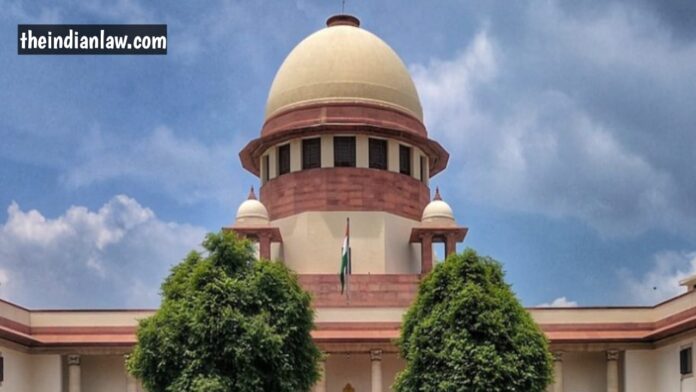In a landmark decision, the Supreme Court of India has ruled that passing the Teacher Eligibility Test (TET) is mandatory for all teachers employed in non-minority schools across the country.
The judgment underscores the importance of maintaining a strong foundation in primary and secondary education by ensuring that every teacher meets a uniform standard of competence and qualification. The Court stated that the TET serves as a benchmark for determining the teaching aptitude and subject knowledge of educators, thereby safeguarding the quality of education imparted to students.
Relief for In-Service Teachers
While making TET compulsory, the Supreme Court also acknowledged the genuine concerns of teachers who have already been in service for several years without this qualification. To protect their employment and avoid large-scale disruption in schools, the Court has allowed in-service teachers a reasonable period of time to clear the TET examination.
This approach balances two crucial objectives:
- Raising the standard of education by enforcing a qualification benchmark.
- Protecting the livelihood of existing teachers by giving them time to comply.
Exemptions for Minority Institutions
The Court clarified that minority-run educational institutions enjoy certain constitutional protections and will remain outside the purview of this mandate. However, for all non-minority private and government schools, TET qualification is now a strict requirement.
Impact on the Education System
This judgment is expected to have a far-reaching impact on the teaching community and the education sector:
- Schools will need to ensure that all new recruitments are made strictly from TET-qualified candidates.
- In-service teachers will now be required to upgrade their qualifications within the stipulated time.
- Students will benefit from a more qualified and accountable teaching workforce.
Education experts have welcomed the decision, calling it a “progressive move” that aligns with the Right to Education (RTE) Act and the National Education Policy (NEP) 2020, both of which stress on improving teacher quality to achieve better learning outcomes.
Conclusion
The Supreme Court’s decision marks an important step towards building a robust and accountable school education system in India. By mandating TET for non-minority school teachers, while giving in-service teachers adequate time to qualify, the Court has struck a fair balance between quality education and job security.


